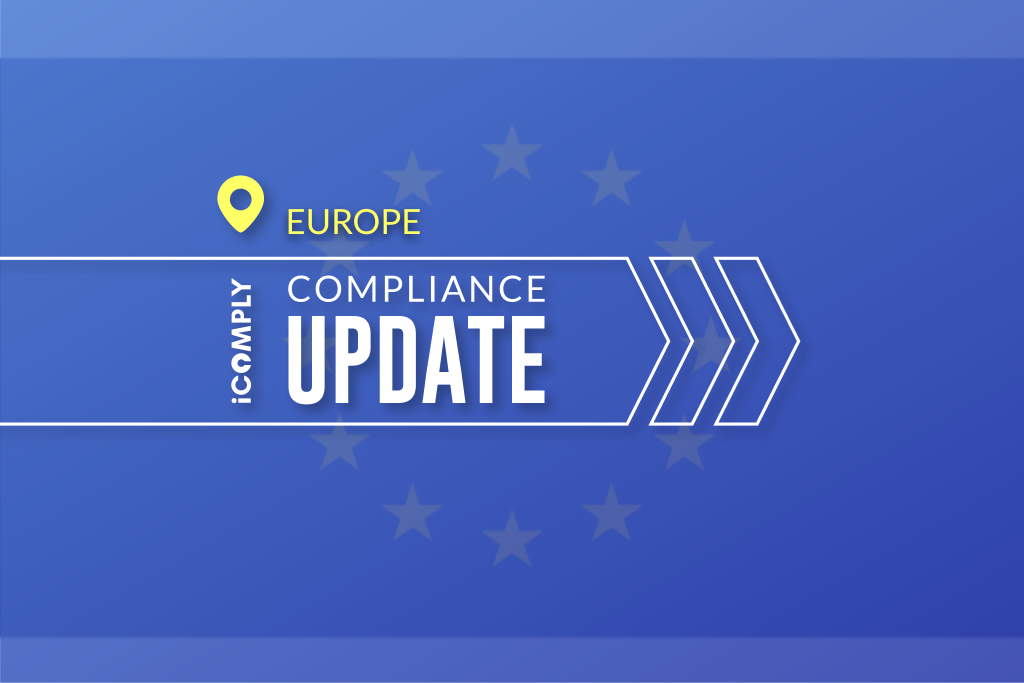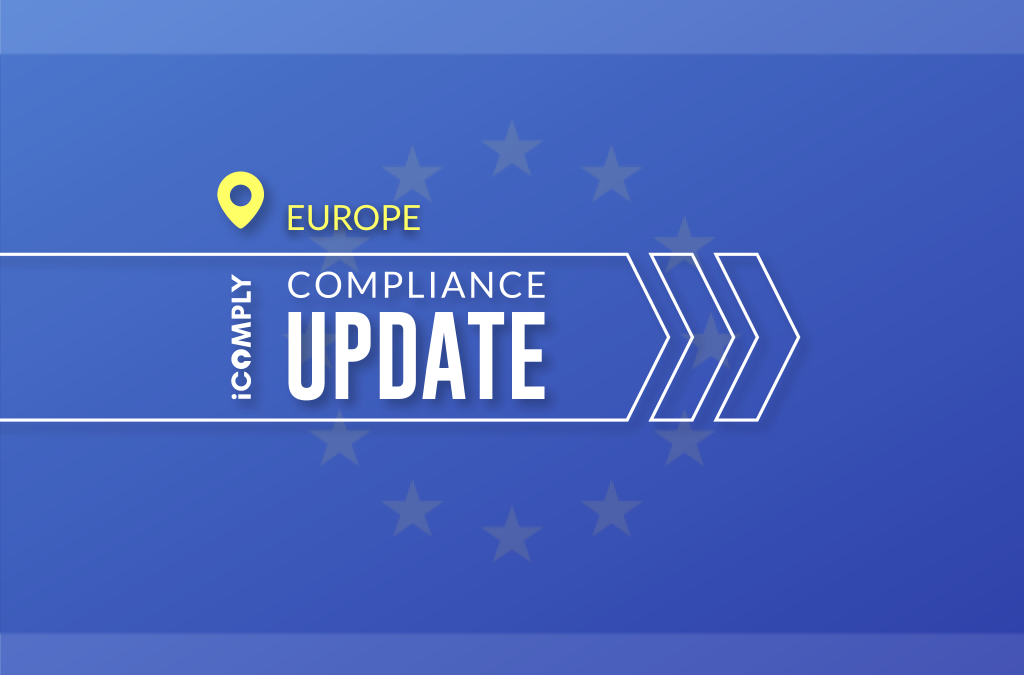European Union Blacklists Non-Cooperative Tax Havens

What Happened?
February 28, 2020: The European Union blacklisted four additional jurisdictions–Cayman Islands, Panama, Seychelles, and Palau. The EU list of non-cooperative jurisdictions helps member states deal more robustly with countries that encourage abusive tax practices.
Source: https://www.consilium.europa.eu/en/policies/eu-list-of-non-cooperative-jurisdictions/
Who Is Impacted?
Businesses engaged in transactions with entities (individuals, organizations, or governments) based in, or operating through, the listed jurisdictions.
Why This Matters?
Entities operating in or through blacklisted countries will have increased difficulty accessing funding programs. Private capital transactions may be subject to significant withholding taxes, and companies operating in or through these jurisdictions must implement additional compliance measures.
What’s Next?
Effective January 1, 2021, EU member states will be required to implement measures for any transaction with entities based in Grand Cayman, Seychelles, Panama, and Palau. Member states are required to implement at least one of four tax measures before this date. Tax measures can include withholding tax on any funds sent to the listed jurisdiction, enhanced AML screening requirements for foreign beneficial ownership and control, and restrictions on tax deductions.
The targeted jurisdictions will have to demonstrate cooperation with the EU in the form of changes to corporate ownership and tax transparency. The EU blacklist of non-cooperative jurisdictions is updated twice a year; the next update will occur in October 2020.
Investors based in the EU can remain invested in funds based in listed jurisdictions–such as the Cayman Islands, a major offshore hotspot for U.S. institutional investors. However, new transactions may be subject to additional reporting, withholding tax (which can drastically increase the cost of making an investment), or other measures which may vary significantly between EU member states.
Compliance teams should review their obligations to identify all related parties under the EU Mandatory Disclosure Regime (DAC 6). For example, any payment involving an entity related to an entity in the Cayman Islands may need to report the activity to the “home country” within 30 days as per DAC 6. Reporting requirements are expected to take effect as of July 1, 2020.
For online financial service providers in the EU, KYC onboarding tools must be able to distinguish between entity types, such as natural persons vs legal or incorporated entities. Corporate onboarding tools should be tested to ensure they can accurately identify and verify related parties–such as everyone with control or beneficial ownership in the company–involved in the transaction. Where a transaction has a related party operating from or through this jurisdiction, enhanced due diligence and government reporting may be required.
learn more
Is your AML compliance too expensive, time-consuming, or ineffective?
iComply enables financial services providers to reduce costs, risk, and complexity and improve staff capacity, effectiveness, and customer experience.
Request a demo today.
2025 Outlook: Data Privacy and Security in KYB, KYC, AML Compliance
In today’s rapidly changing digital landscape, data privacy and security are more crucial than ever for compliance teams. As regulations tighten and cyber threats evolve, businesses must prioritize innovative solutions. Enter edge computing, a game-changer for KYC,...
A Quick-Start Guide to AML Compliance
Building a Robust AML Program: A Compliance Officer’s Guide
Learn how to streamline AML compliance with digital onboarding, automated SAR submissions, secure record keeping, and a risk-based approach.
The Future of KYB: Streamlined Verification for Seamless Business Transactions
KYB Made Easy: Streamlining Business Verification
Discover how modern KYB technology is simplifying business verification, making it faster, more secure, and user-friendly. Learn how automated checks, biometric verification, and real-time compliance can benefit your business.
The Future of KYC: A Digital Journey Through Verification
The Future of KYC: A Seamless Digital Experience
Explore how modern KYC technology is transforming identity verification, making it faster, more secure, and user-friendly. Discover the benefits of biometric authentication, blockchain security, and self-sovereign identity.





